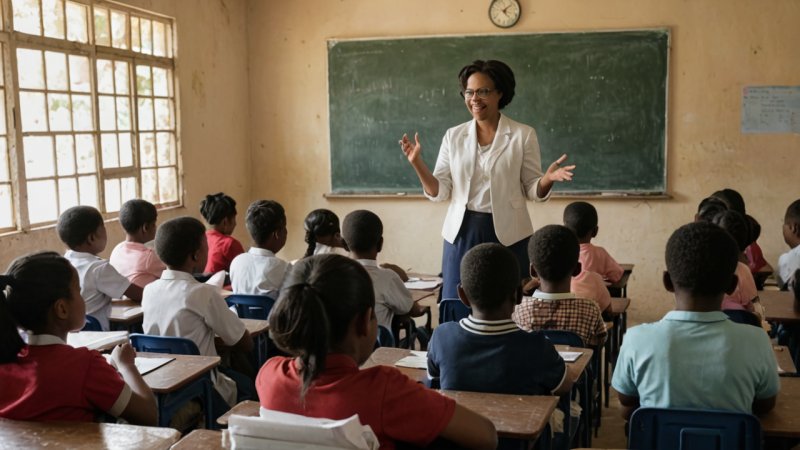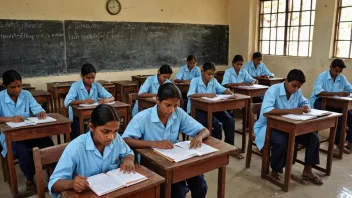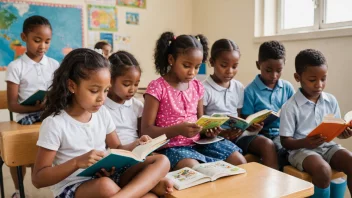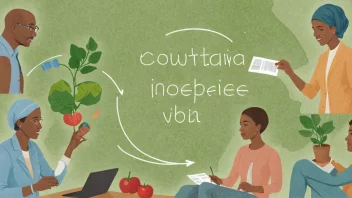Education is often heralded as the great equalizer, a powerful tool that can lift individuals and communities out of the grips of poverty. Yet, in many parts of the world, access to quality education remains a distant dream for millions. Understanding the role of education in breaking the cycle of poverty is essential for fostering sustainable development and social justice.
First and foremost, education provides individuals with knowledge and skills that are vital for securing employment. In many developing nations, the lack of educational opportunities leads to a workforce that is ill-prepared for the demands of the modern economy. By investing in education, communities can cultivate skilled labor that can contribute to local and national economies. This not only enhances the quality of life for individuals but also creates a ripple effect that benefits entire communities.
Moreover, education plays a pivotal role in empowering marginalized groups, particularly women and girls. When girls are educated, they are more likely to delay marriage, have fewer children, and invest in their families' health and education. This empowerment is crucial for breaking the cycle of poverty, as educated women contribute to economic growth and improved social outcomes. Organizations around the globe are working tirelessly to promote girls’ education, recognizing its transformative potential.
In addition to economic benefits, education fosters critical thinking and civic engagement. An educated populace is more likely to participate in democratic processes, advocate for their rights, and hold their governments accountable. This sense of agency is vital in creating a just society where individuals are empowered to challenge systemic inequalities and push for policy changes that benefit the broader community.
However, for education to be effective in alleviating poverty, it must be accessible, inclusive, and of high quality. Many children in impoverished regions face barriers such as inadequate infrastructure, lack of trained teachers, and financial constraints that prevent them from attending school. Addressing these challenges requires collaboration between governments, NGOs, and local communities. Initiatives focused on building schools, training educators, and providing financial assistance to families can significantly enhance educational access.
Furthermore, technology can play a crucial role in bridging educational gaps, particularly in remote areas. Online learning platforms and digital resources can provide students with access to materials that were previously unavailable. By leveraging technology, communities can create innovative solutions that expand educational opportunities and cater to diverse learning needs.
In conclusion, education is a powerful catalyst for breaking the cycle of poverty. By equipping individuals with the necessary skills and knowledge, fostering empowerment, and encouraging civic participation, education can transform lives and communities. As we continue to address global poverty, prioritizing access to quality education must be at the forefront of our efforts. Together, we can create a world where every individual has the opportunity to thrive and contribute to a more equitable society.






